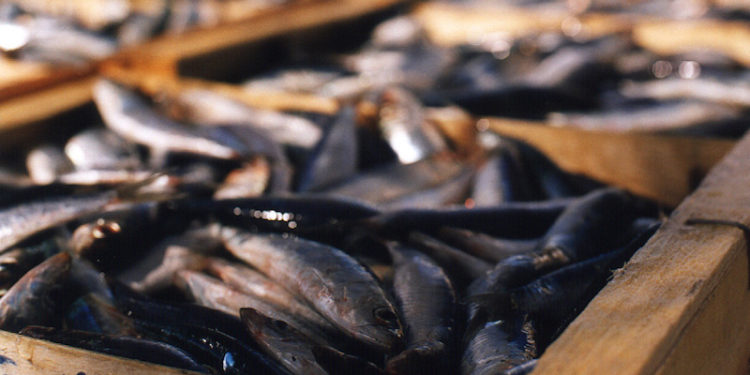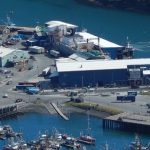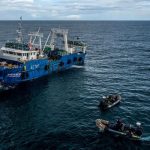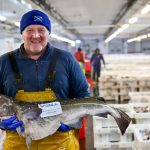EU Commissioner for Fisheries Karmenu Vella has launched a campaign to rebuild Mediterranean fish stocks, joined in making his announcement by secretary general at the Moroccan Ministry of Agriculture and Fisheries Zakia Driouich, Europêche president Javier Garat and Marco Lambertini, DG of WWF International.
‘For millennia, Mediterranean fishermen have used the bountiful resources of the sea to forge their livelihoods. Now this vital resource is in serious danger, putting thousands of jobs at risk as a core part of our industry is eroded away,’ Karmenu Vella said during the initiative’s launch at the Brussels Seafood Expo.
‘We need to face up to our responsibilities: as policy makers, fishermen, scientists and civil society, including consumers. Experience shows that we can be successful – when we tackle challenges collectively. So today I am here to launch action. I am here to launch our campaign to raise awareness of this problem – a campaign to ensure MEDFISH4EVER.’
All speakers underlined the importance of working together to return fish stocks to good health and ensure a future for Mediterranean fishermen. This includes cooperation between EU and non-EU countries on the one hand, and on the other between government, civil society and, crucially, fishermen themselves. Speakers also agreed on the importance of taking policy decisions based on science, and on the resulting need to invest in gathering more and better data.
‘Following a fishing crisis in 2003, Morocco has put in place a fisheries strategy focusing on two key elements: sustainability and conservation measures,’ commented Zakia Driouich. ‘Our aim is to have 95% of fisheries under a management plan by 2020 – currently we are at 91%. But the Mediterranean is a shared area and the health of the Mediterranean is therefore a shared concern. We need a shared vision, and I therefore thank Commissioner Vella for this initiative.’
‘The fishing sector has to take the lead on the recovery of the Mediterranean together with the scientific community, governments and NGOs,’ said Javier Garat. ‘Fishermen must be given a real say in forging fisheries policy because only through a real bottom-up approach will there be a better understanding of the rules, which will lead to a culture of compliance.’









